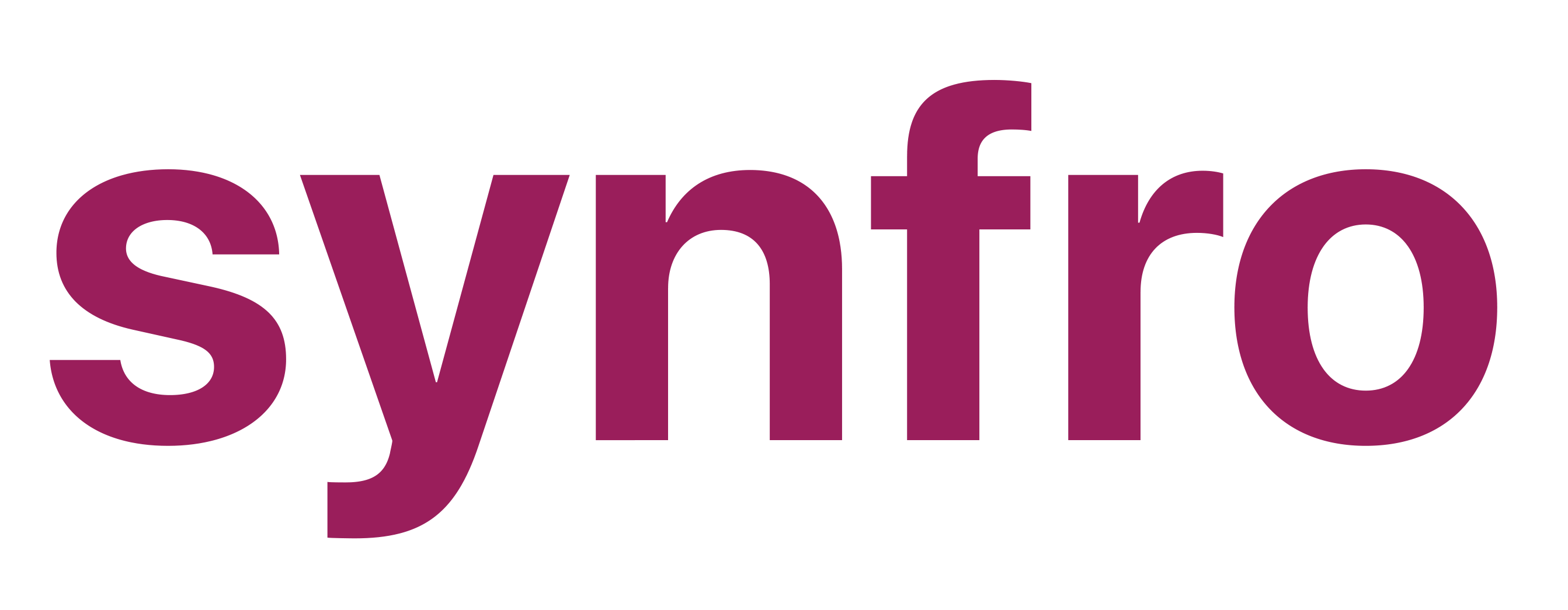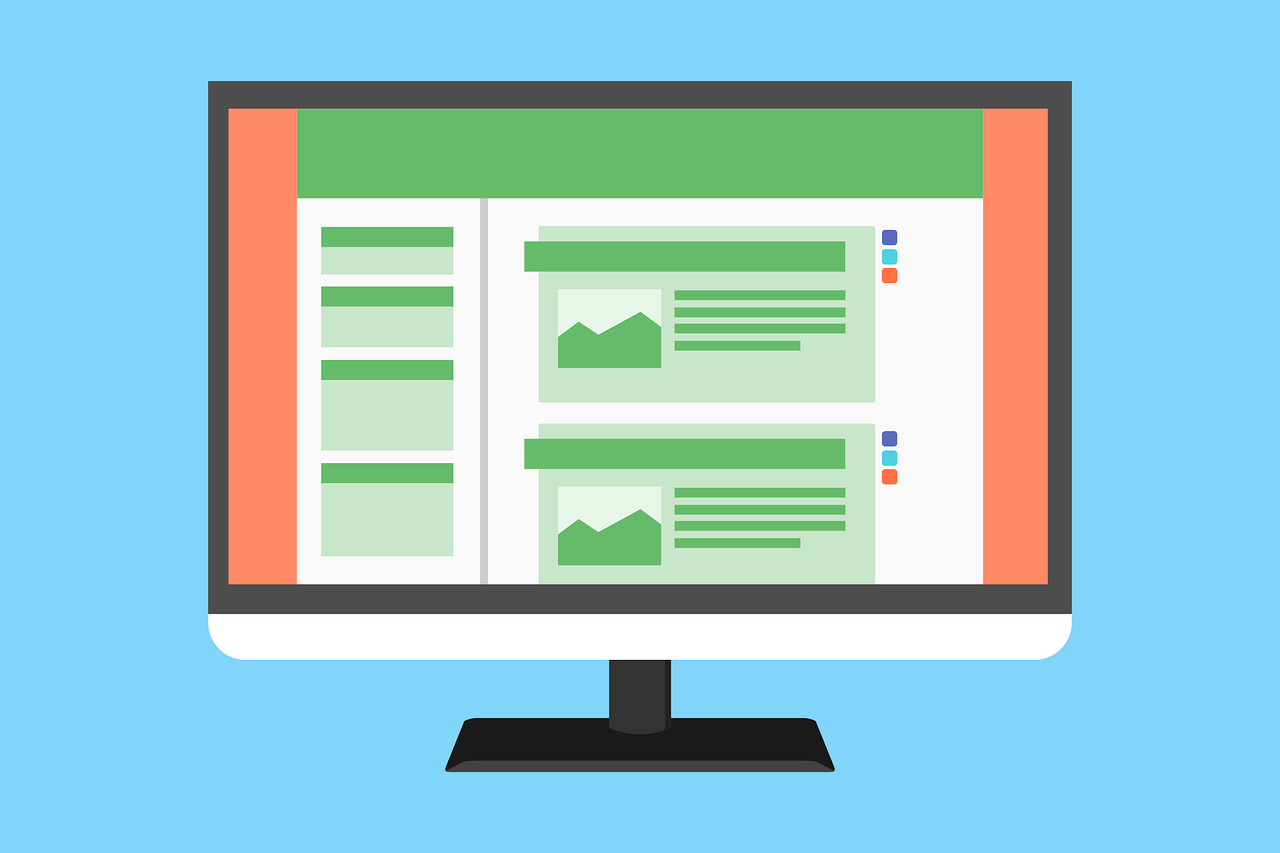WhatsApp API for Marketing and Automation
WhatsApp, with its massive user base and high engagement rates, has become a powerful platform for businesses to connect with customers. The WhatsApp Business API offers developers and businesses the opportunity to integrate WhatsApp messaging into their applications and workflows. This blog post will explore how you can effectively use the WhatsApp API for marketing and automation.
Understanding the WhatsApp API
The WhatsApp API provides a set of tools and protocols that allow you to:
- Send and receive messages: Communicate with customers in real-time.
- Create templates: Pre-design message templates for various use cases, such as order confirmations, appointment reminders, or marketing campaigns.
- Manage customer interactions: Track conversations, respond to inquiries, and provide support.
Marketing Applications of WhatsApp API
Customer Support:
- Quick Responses: Use pre-defined templates to provide instant answers to frequently asked questions.
- Live Chat: Offer real-time support to customers through one-on-one conversations.
- Issue Resolution: Track and resolve customer issues efficiently.
Lead Generation:
- Chatbots: Implement chatbots to engage with potential customers and collect information.
- Marketing Campaigns: Send targeted marketing messages to specific segments of your audience.
- Lead Nurturing: Follow up with leads through personalized messages.
Sales:
- Order Confirmation: Automatically send order confirmations and shipping updates.
- Payment Reminders: Send gentle reminders for overdue payments.
- Sales Promotions: Offer exclusive deals and discounts to customers.
Customer Engagement:
- Surveys and Feedback: Collect customer feedback through interactive surveys.
- Announcements: Share important updates and announcements with your customer base.
- Loyalty Programs: Engage customers with loyalty programs and rewards.
Automation with WhatsApp API
- Workflow Automation: Integrate the WhatsApp API with other tools and platforms to automate tasks like lead scoring, appointment scheduling, or order fulfillment.
- Trigger-Based Messaging: Send automated messages based on specific events, such as purchases, abandoned carts, or customer support requests.
- Personalization: Use customer data to personalize messages and improve engagement.
Best Practices for WhatsApp API Usage
- Comply with WhatsApp Guidelines: Adhere to WhatsApp’s terms of service and messaging policies.
- Provide Value: Ensure your messages are relevant, timely, and provide value to your customers.
- Respect Privacy: Handle customer data responsibly and comply with privacy regulations.
- Test Thoroughly: Test your WhatsApp integrations to ensure they work as expected.
By effectively utilizing the WhatsApp API, businesses can enhance customer satisfaction, drive sales, and build stronger relationships with their audience.




